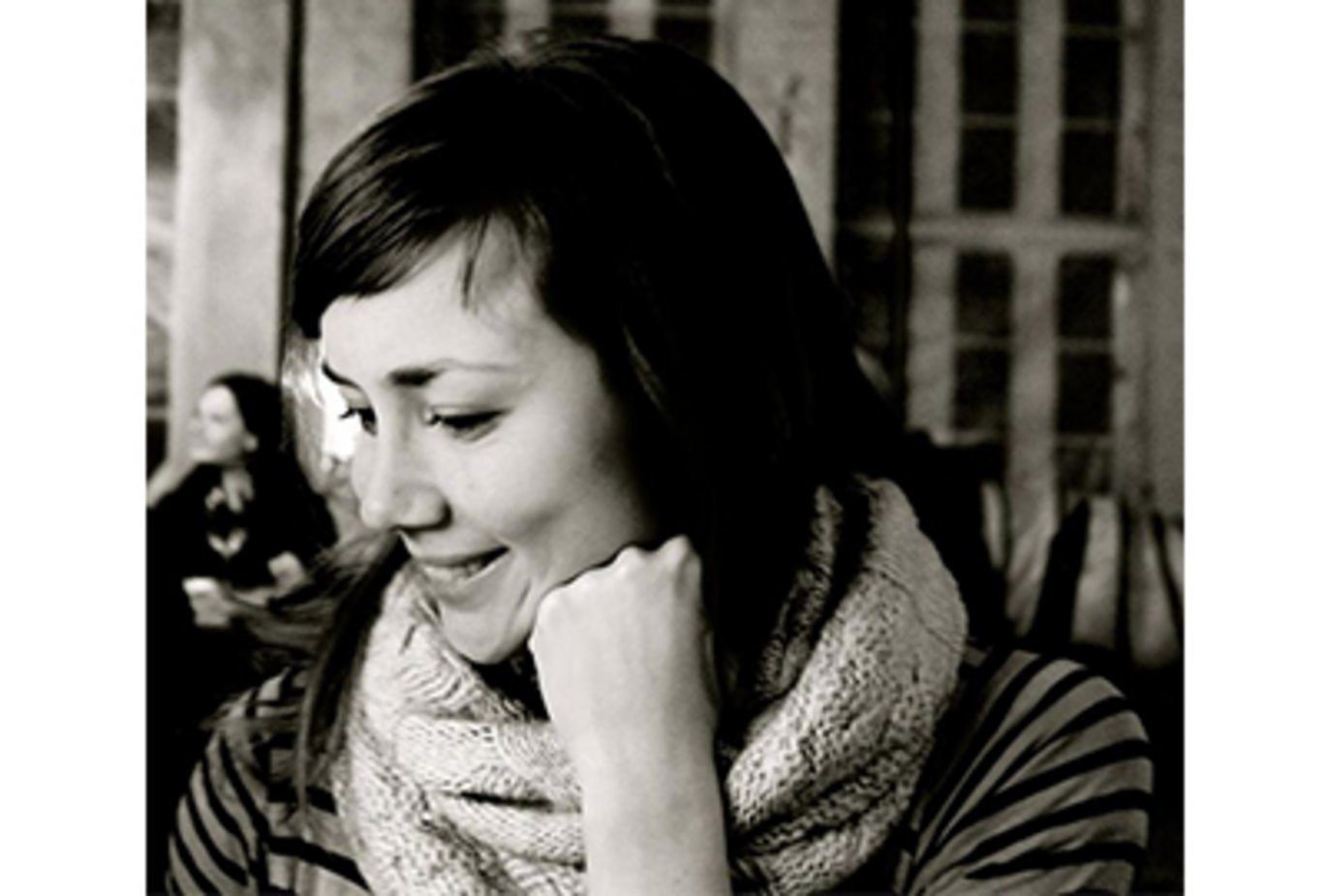Alumni Profile: Ula Papajak
In this profile, we discuss with Ula Papajak how her career has progressed from writing long-form stories to using her journalism knowledge to help build a global, grassroots climate change advocacy network.

Ula Papajak / Poland
Mundus cohort 09-11 / Swansea
There’s no such thing as normal day at the office for Ula Papajak, who works as Translation and Localisation Manager for 350.org, a global not-for-profit NGO specialising in climate change advocacy.
At any given time she could be working with a global pool of climate advocates to help localise their texts, strategising about best translation and language directions of 350’s online presence, or writing about the challenges of coal in her native Poland. From her base in Berlin, this work has had Ula on a mission for the past two years to help, as she says, “facilitate an open, multilingual, multicultural discussion about climate change, climate justice and solutions”.
In part, this mission draws on learnings from the Mundus Journalism programmes' emphasis on global media systems, as well as skills she fostered through an earlier master degree in international relations. Understanding the complexity of communications and messaging as well as the complexity of different communities and different cultures is definitely helpful to her work, says Ula. But the clincher for this role was realising that she could use her accumulated knowledge about journalism to challenge dominant media narratives on climate change.
Realising this has been intimately tied to her time in Denmark. When Ula started in Aarhus in 2009, the world was turning its attention to Copenhagen in the build up to the COP 16 climate change conference . “I felt deeply disappointed with the media coverage of it,” she says. “I always believed that journalism should be supportive of under-represented communities and I felt that some very important voices within the climate change movement were being silenced. I felt like the dialogue, especially around Copenhagen was very much Western-oriented".
“Climate change is a global problem that involves all of us and for some reason it was being discussed only among a very small group of people and I found that confusing. I felt like we cannot afford the media-centric world anymore. We need to start being community-centric. We really need to turn journalism upside down; instead of approaching people with our own ideas, which is, I felt, ridiculous, we should just turn it upside down and start listening to people.”
It’s a feeling she pondered on for a while during her specialism in Swansea and then after graduating as she continued her goal of freelancing as a journalist and writing various reportages. During this time she started moving away from the business as usual of doing journalism, and into translations for 350.
So when a permanent job came up to join the organisation’s global team Ula jumped at the chance. “I was given enough space to discuss some of those issues," she says. "Since then what I’ve been trying to do is to use translation and localisation as tools to trigger cross-cultural learnings and as a gentle reminder of cultural complexities and nuances. A reminder that might be crucial while collaborating and connecting ever increasing numbers of people, while deepening their commitment and engaging them in ground-breaking campaigns."
Ula’s main role is coordinating translations for the global 350 team which consists of networking across “basically the entire world”. As well as a translating team, she works with writers, campaigners and volunteers to share bottom-up perspectives on climate change. The translations are distributed across the organisation’s online media channels.
Aside from communications, there’s also a digital side to this work. “We’re using localisation as a tool” says Ula. “We're trying to localise our online presence and make it more global instead of English-centric. So we translate websites, and we try tocommunicate with communities on social media in their own languages, we translate blog posts from different regions and make sure they're available to a broader audience.”
It’s the kind of work that not only keeps Ula’s days diverse, but has her forgetting how much time she spends working “It’s difficult to stop when you love what you do and feel very passionate about it - hard to slow down sometimes,” she says.